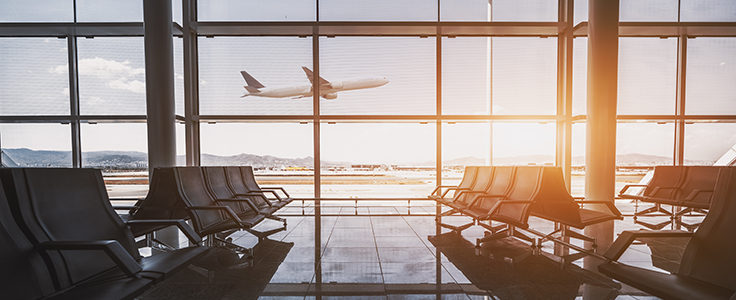The International Air Transport Authority (IATA) has announced that passenger demand performance for June 2021 showed very slight improvement in both international and domestic air travel markets. The poor demand remains significantly below pre-COVID-19 levels owing to international travel restrictions.
The total demand for air travel in June 2021 (measured in revenue passenger kilometers or RPKs) was down 60.1 per cent compared to June 2019. That was a small improvement over the 62.9 per cent decline recorded in May 2021versus May 2019.
Out of this, international passenger demand was at 80.9 per cent below June 2019, an improvement from the 85.4 per cent decline recorded in May 2021 versus two years ago. All regions with the exception of Asia-Pacific contributed to the slightly higher demand.
Total domestic demand was down 22.4 per cent versus pre-crisis levels (June 2019), a slight gain over the 23.7 per cent decline recorded in May 2021 versus the 2019 period. The performance across key domestic markets was mixed with Russia reporting robust expansion while China returned to negative territory.
“We are seeing movement in the right direction, particularly in some key domestic markets. But the situation for international travel is nowhere near where we need to be. June should be the start of peak season, but airlines were carrying just 20 per cent of 2019 levels. That’s not a recovery, it’s a continuing crisis caused by government inaction,” said Willie Walsh, IATA’s Director General.
“With each passing day the hope of seeing a significant revival in international traffic during the Northern Hemisphere summer grows fainter. Many governments are not following the data or the science to restore the basic freedom of movement. Despite growing numbers of vaccinated people and improved testing capacity we are very close to losing another peak summer season on the important trans-Atlantic market. And the UK’s flip-flop to reinstate quarantine for vaccinated arrivals from France is the kind of policy development that destroys consumer confidence when it is most needed,” said Walsh.
“A risk-managed re-connecting of the world is what we need. Vaccinated travelers should have their freedom of movement returned. An efficient testing regime can sufficiently manage risks for those unable to be vaccinated. This is the underlying message in the latest WHO travel guidance.
“The UK, Singapore and Canada have indicated timelines to open their borders without quarantine for vaccinated travelers. The European Commission has recommended that its member states adopt travel protocols that are closely aligned with the WHO—including testing for unvaccinated travelers. Similar moves to re-open borders in line with the WHO guidance by US—leaders in vaccinating their populations—would give critical impetus to demonstrating that we can live and travel while managing the risks of COVID-19,” added Walsh.


